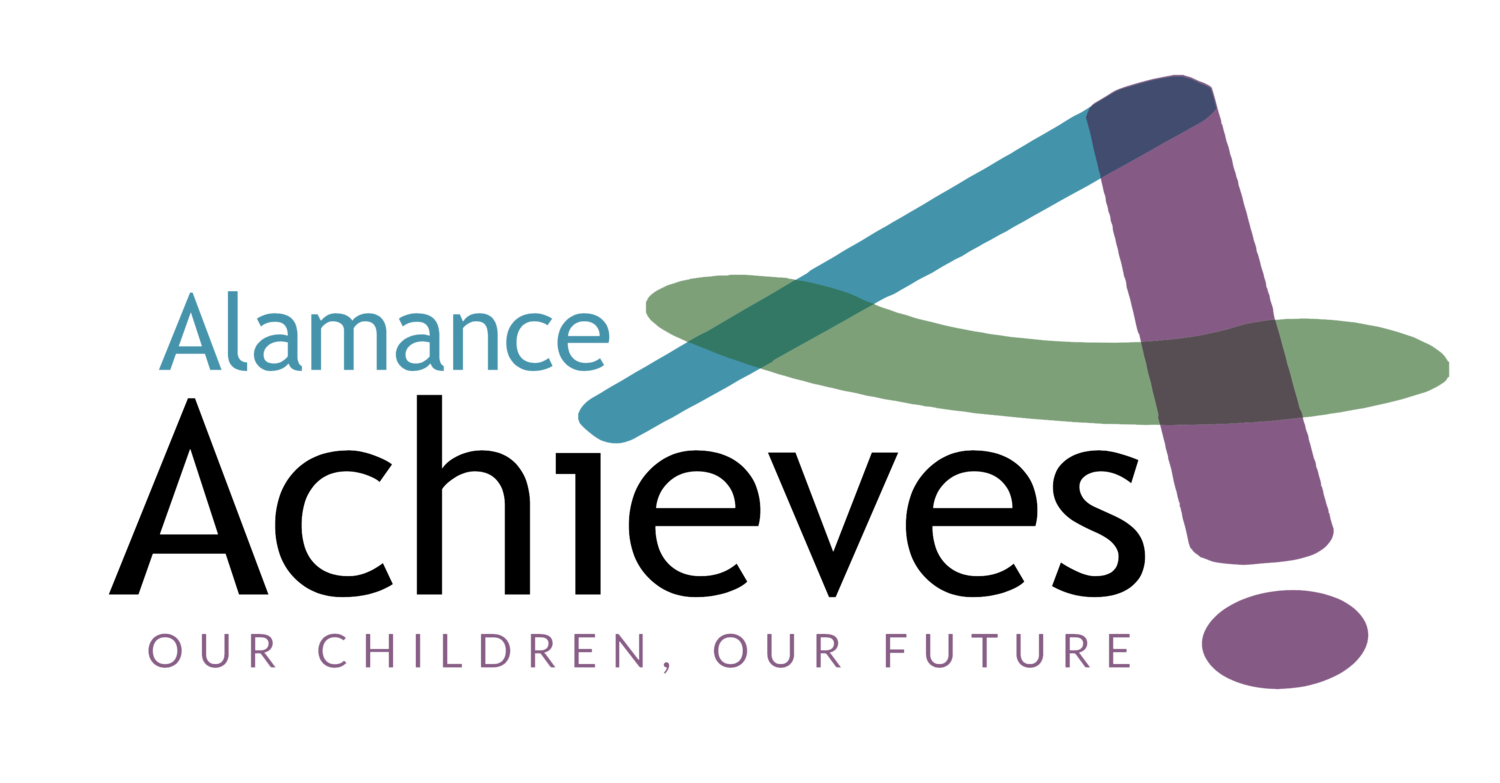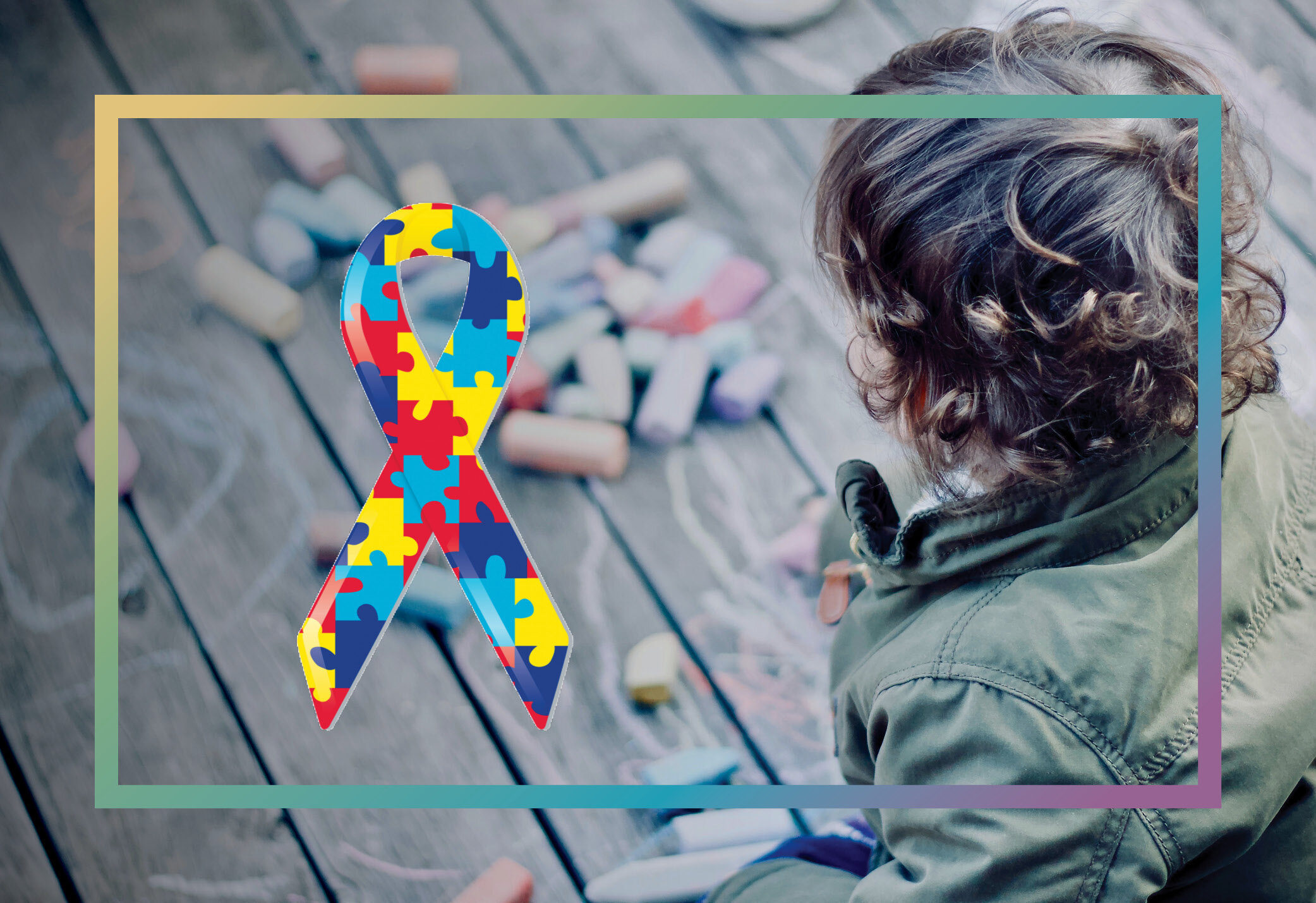Covering a broad range of conditions, there is no one type of autism. Autism,
or autism spectrum disorder (ASD), is characterized by challenges with social skills, repetitive behaviors, speech and nonverbal communication. It is believed to affect about 1 in every 54 U.S. children, according to the Centers for Disease Control. April 2 marks the 14th annual World Autism Awareness Day,
a time to bring attention to this disorder and how to create a kinder, more inclusive world for those living with autism.
The challenges of autism
Children present with a range of symptoms depending on where they fall on the spectrum in[SE1] addition to the challenges autism creates for learning and thinking, it is also often accompanied by sensory sensitivities and other medical issues. These may include gastrointestinal (GI) disorders, seizures or sleep disorders, and mental health challenges such as anxiety, depression and attention issues.
Most children begin to show signs of ASD around the ages of 2 or 3. It is possible for some developmental delays to appear even earlier, around 18 months. Research has shown people with autism have more positive outcomes the earlier they are diagnosed and receive interventions.
A mother searches for answers
Cheryl Leath knew from an early age that her son Kaison was different. “He was different from my two older kids; he was the quietest child,” she explains. At first she thought he had hearing issues because he wasn’t doing the call and response he should have been or babbling by his first-year checkup. “I told the doctor I think there is something going on with him but I couldn’t put my finger on it,” Leath recalls.
When Kaison was a few months older, Leath took him for a hearing test. The audiologist told her that Kaison could hear, that something else was going on and Leath should trust her instincts. At the next visit with the pediatrician, Leath again voiced her concerns and the doctor connected her with the Child Development Service Agency (CDSA). They performed a lengthy evaluation of Kaison before telling the Leaths they were “90% sure that what your child is experiencing is autism spectrum disorder.”
Leath experienced a range of emotions that day, but since Kaison’s diagnosis she’s found her own way forward. “I’ve been very open about it with him — trying to explain things,” she says. Kaison was nonverbal until about four-and-a-half years old, but he was able to be mainstreamed into kindergarten and is now preparing to transition into middle school. “I approach him like he’s a regular kid, but if something doesn’t work for him, I ask him why and give him a chance to explain,” she says. “I talk about him being wired differently, and tell him if something doesn’t work for you, tell me why and I’m ok with that.”
Living with autism
On average, autism costs an estimated $60,000 a year through childhood. Most of these costs come from special services a child may need, as well as lost wages parents experience because of increased demands on their time from caring for their child with ASD. Costs only increase if the child’s intellectual disability is more severe.
Children with autism can design an IEP via the exception children’s department of most public schools while in schools to receive services to help meet their learning needs. Leath’s son Kaison was able to join a preliminary research in Chapel Hill before he began school that provided 26 weeks of in-home support with a speech therapist, an occupational therapist and a behavioral therapist. Leath changed from first to third shift to be there during the visits, which happened several days a week.
AustismSpeaks.org estimates that over the next decade, an estimated 707,000 to 1,116,000 teens with ASD will enter adulthood and age out of school-based autism services.
Currently, there is no one cause or reason why a child develops autism. In fact, research has indicated that ASD develops from a combination of factors — both genetic and environmental. Each person with autism will have his or her own unique set of strengths and challenges in terms of learning, thinking and problem-solving. Some may be severely challenged and need significant support in their daily lives. Others may require less support and be able to live all on their own. But all people with autism deserve the opportunity to reach their full potential.





